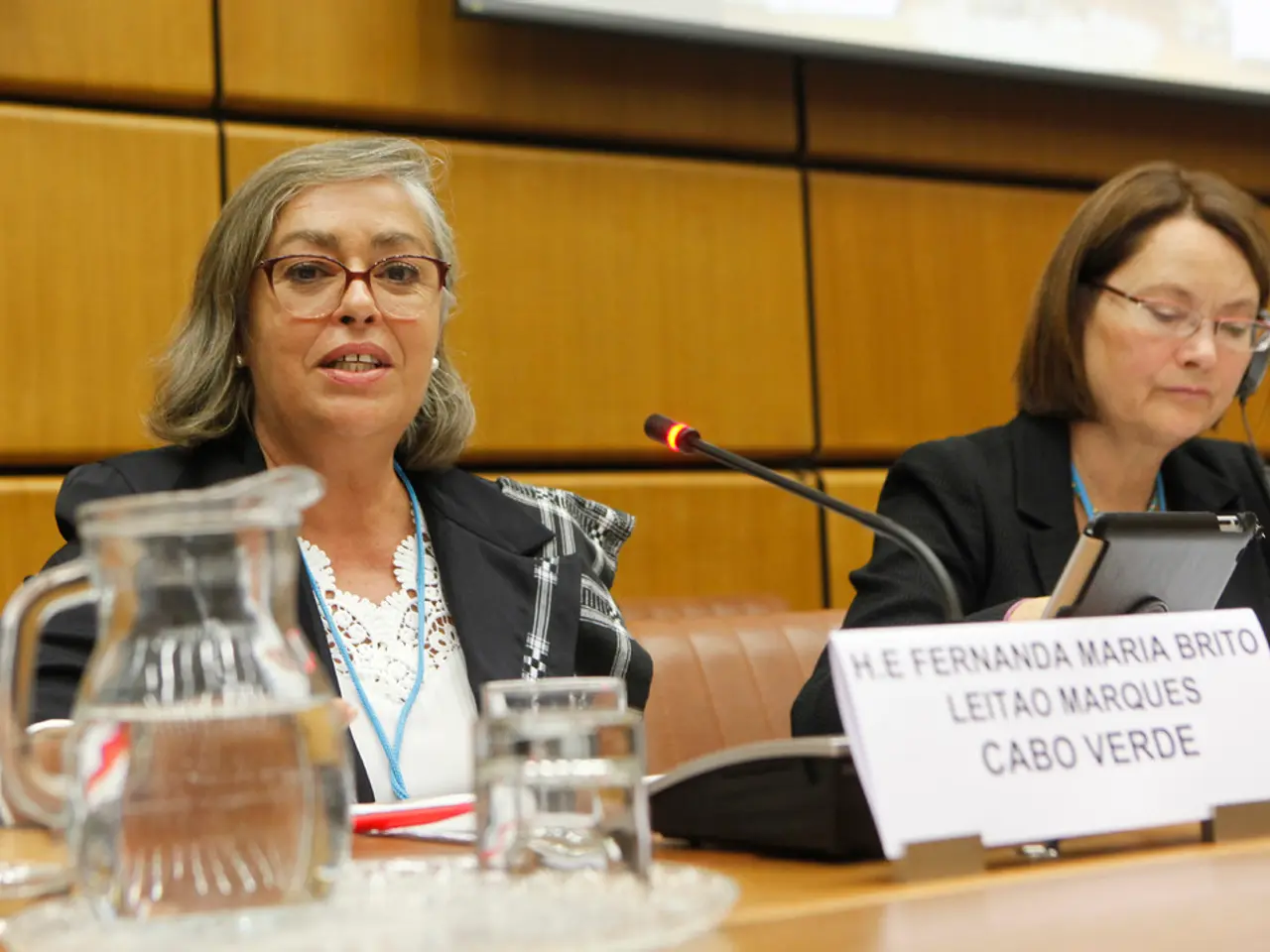Social media platform Bluesky succumbs to censorship pressure from Turkey, yet exploits a loophole in their compliance strategy
Here's a fresh take on the original piece:
A Shift in Bluesky's open-door policy:
The buzz surrounding Bluesky, a microblogging platform as an X alternative, has been on the rise recently. People crave a social media platform free from the control of self-centered billionaires. However, this week, a troubling revelation surfaced: Bluesky succumbed to censorship demands from the Turkish government, going against its free and open principles.
The whispering mills are buzzing with reports that Bluesky closed 72 accounts in Turkey following pressure from the government, citing "national security and public order" reasons, according to TechCrunch.
It's unclear who managed the accounts or why the government was alarmed by them. The account deactivations were initially reported by the Freedom of Expression Association, a Turkish NGO that champions civil liberties. Gizmodo reached out to Bluesky for comment.
Despite the controversy, Bluesky's partial decentralized nature might offer a loophole for the banned users. Being an essential part of the Fediverse and depending on the open standard AT Protocol, users can still venture into other sites within the "Atmosphere," a network powered by the same protocol, which includes apps like Skywalker, Skeets, and Roomy, and can be accessed online and via apps.
Jack Dorsey, a former Twitter guru, initiated Bluesky, with an initial investment of $13 million from Twitter. Though Jack has moved on, CEO Jay Graber now leads the platform. Many users have flocked to Bluesky since Elon Musk took over Twitter and turned it into his propaganda machine. For a long time, Bluesky maintained its reputation for respecting its users and encouraging an open system that values self-expression and autonomy.
However, Bluesky's decision to cater to foreign censorship is causing ripples, even if it offers an escape hatch that other sites fail to provide. This move may cast a shadow on the company's commitment to being a beacon of free speech amid the swamp that is X.
Enrichment Data (approx. 15%):
- The incident is more significant because it underscores the challenges in maintaining a consistent stand on open expression amid various legal and political pressures and contexts.
- Users cannot completely opt-out of Bluesky's moderation services, including geographic labelers that enforce government censorship demands.
- Compared to decentralized platforms like Mastodon, Bluesky lacks the ability for users to move their accounts across different servers to evade censorship.
- The Turkish accounts deactivated on Bluesky have sparked discussions about the platform's commitment to free speech, especially when rural political and legal pressures conflict with its open principles.
- Unlike other decentralized platforms, Bluesky, despite being part of the Fediverse, does not offer users the ability to move their accounts to different servers as a means to evade censorship.
- The controversy surrounding Bluesky's decision to comply with the Turkish government's censorship demands has opened a debate about whether it will maintain its reputation as a beacon of free speech amidst growing competition like X.
- While Gizmodo reached out to Bluesky for comment on the account deactivations, TechCrunch reported that Bluesky closed 72 accounts in Turkey, citing national security and public order concerns.
- The Turkish government's demand for censorship on Bluesky has raised concerns about the future of tech platforms that claim to prioritize open expression and user autonomy, widening the gap between tech ideals and practical applications.
- News outlets like TechCrunch and Gizmodo have drawn attention to the issue of censorship on Bluesky, prompting questions about the role of social media in the domains of entertainment, politics, general news, and technology.
- Faced with challenges in upholding an open system that values self-expression and autonomy, Bluesky's recent decision to succumb to the Turkish government's censorship demands highlights the complexities of managing a global tech platform within diverse legal and political landscapes.




